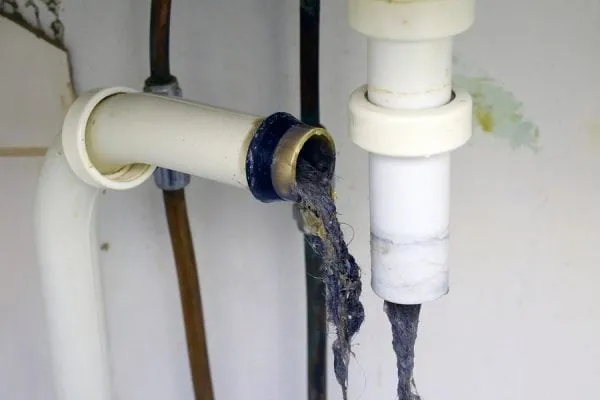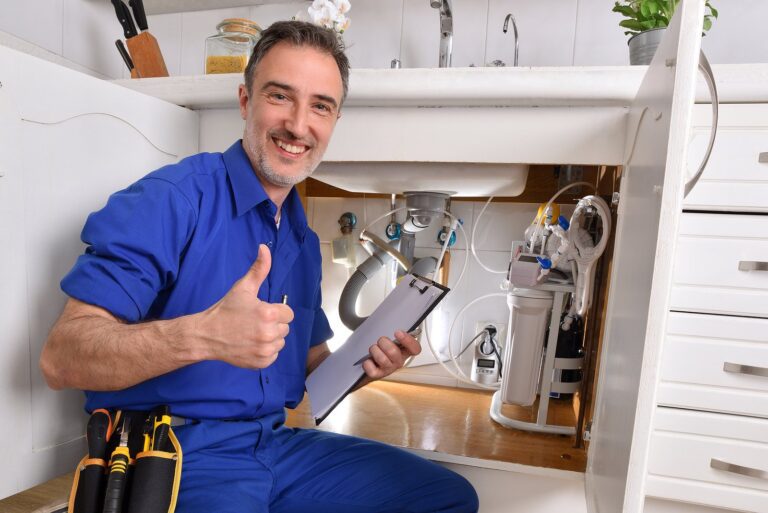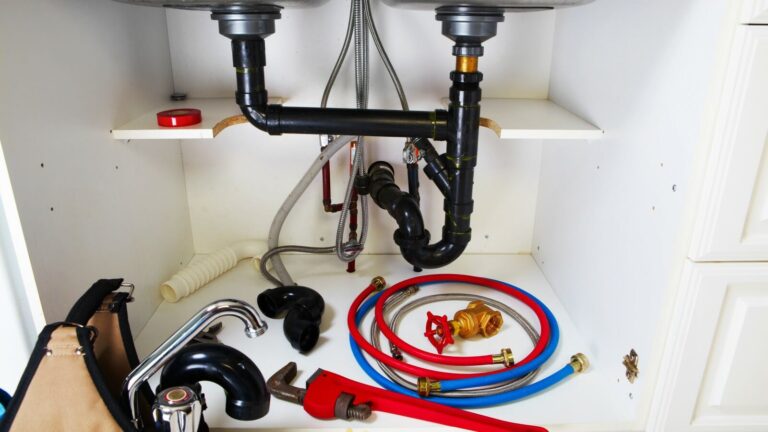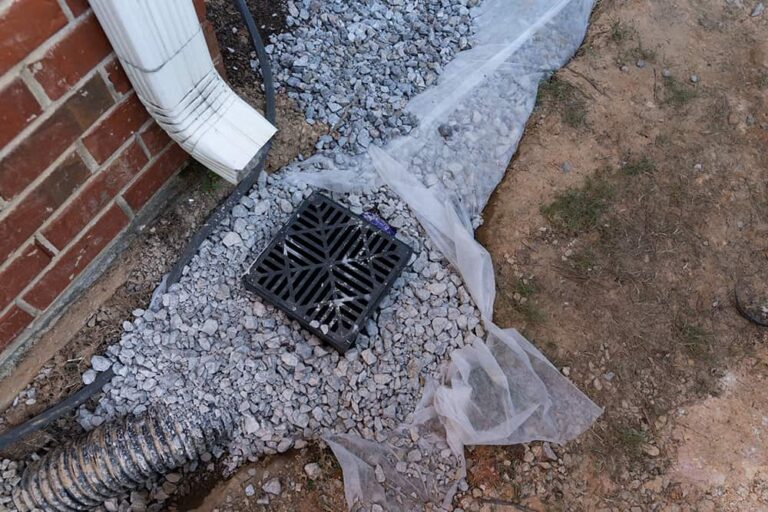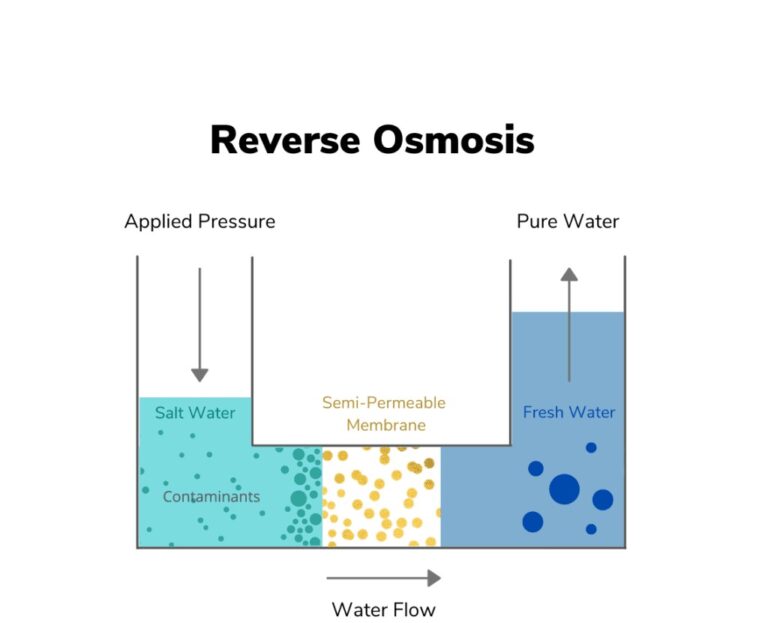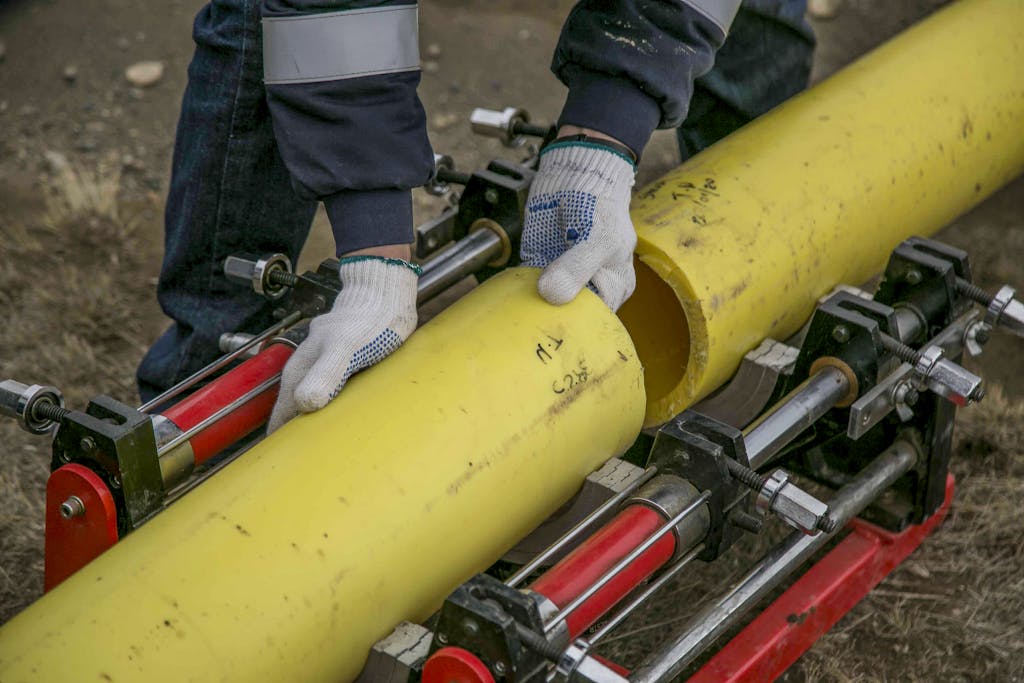When it comes to choosing a water heater for your home, there are three main types: tankless water heaters, traditional water heaters and heat pumps. Based on your individual preferences and needs, you can determine what type of water heater is best and most applicable to you. Below, I have outlined items to consider when in the market for a new water heater.
Tankless Water Heater: The common misconception of tankless water heaters is that they are not instant, they are constant. This means that once the demand for hot water has been called for, by turning on a hot faucet, it will not stop producing hot water until said faucet is turned off. So, you never have to worry about running out of hot water during rush hour traffic at home. Thinking of going green? Manufacturers like Navien have heaters with a 90% efficiency range that come with a built-in recirculation pump. Ultimately, this will aid in keeping those blue faces in your pocket. A benefit of tankless water heaters is that they are also smaller and take up less room in your home than conventional water heaters. In addition, they last longer than conventional water heaters which means you’ll end up spending less money overall.
Nevertheless, the high upfront costs of these heaters can cause financial ruin. Not to mention that the flow rate can alter, causing what is known as the “cold water sandwich effect.” Imagine a burst of hot water followed by another burst of cold water. Additionally, tankless water heaters need a larger gas line to be installed, which can raise the cost of installation. Finally, large households may not be the best candidates for tankless water heaters because they may find it difficult to meet the demand for hot water.
Standard Water Heater: Traditional water heaters are unquestionably more affordable than other types of heaters. They are simple to install, which is a plus. This is the best option if you’re concerned about water pressure or volume while taking a shower because there is no flow restriction like there is with tankless or electric water heaters.
Conventional water heaters do, however, have some drawbacks. It’s possible that you’ll run out of hot water during times of high demand due to their limited supply. Traditional water heaters also use more energy than tankless water heaters, which can lead to higher energy costs. They take up more room in your home than tankless water heaters as well. Conventional water heaters generally last 8–12 years, and tankless heaters last 15-20 years depending on water quality.
Heat pump water heaters: A more recent option on the market is a heat pump water heater, which uses electricity to move heat from the air or ground to heat your water. Due to their high energy efficiency, they are a fantastic option for homeowners looking to lower their monthly energy costs. In addition, heat pump water heaters have a longer lifespan compared to traditional water heaters, couple this with solar and you will start stacking cash in no time . The ideal applicants for heat pump water heaters include homes located in warm climates where the air and ground temperatures are high enough to efficiently heat the water. They are also a good option for homeowners who want to reduce their carbon footprint and make their home more environmentally sound.
The bottom line is when choosing a water heater, it’s beneficial to consider your financial situation and individual needs. To have an endless supply of hot water, a tankless water heater may be your best option. If you’re looking for something less expensive, a conventional water heater is considered pocket friendly. If you’re going green and don’t want to be a drain on the environment, then heat pumps are for you. Make sure you do your homework and always get a couple of bids and if you have any questions feel free to call Tony from Level up Plumbing in Huntington Beach Ca at 657-467-5862.
Tags: Water Heater, Best Water Heater, Water Heater Tips, Water Heater Advice
